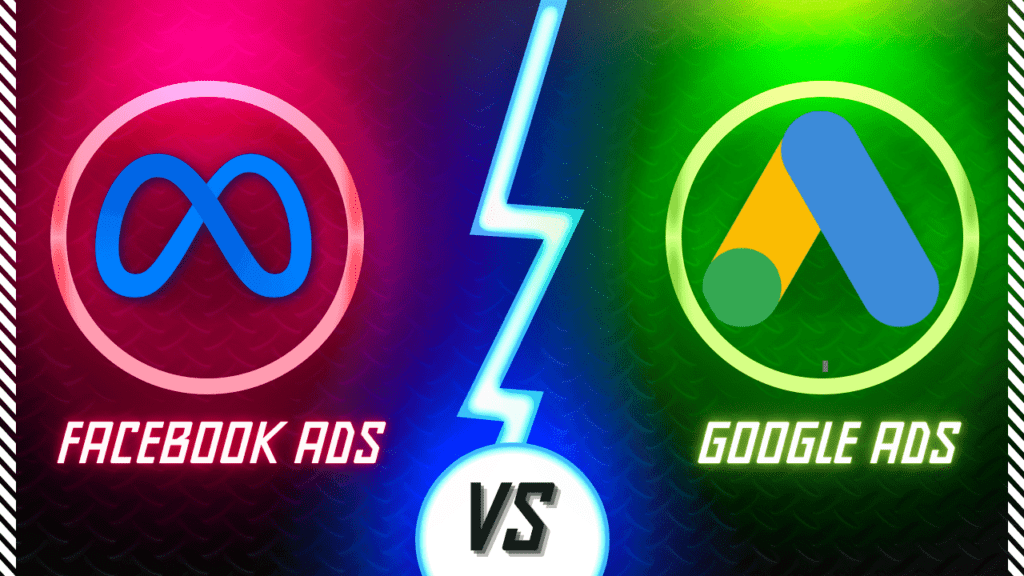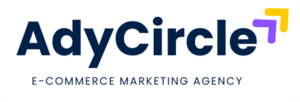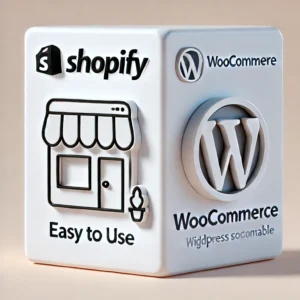
Table of Contents
- Introduction
- What Are Google Ads and Facebook Ads, Anyway?
- Google Ads for Business: Search with Purpose
- Facebook Ads for Business: Social Connections That Sell
- Google Ads vs. Facebook Ads for Small Businesses: A Head-to-Head Showdown
- Which Is Better for Advertising: Google Ads or Facebook Ads?
- Tips to Choose the Right Platform for Your Goals
- Conclusion
- FAQs
Picture this: You’ve got a brilliant business idea, a product people need, or a service that could change lives—but how do you get the word out? In today’s digital world, two giants stand tall in the advertising ring: Google Ads vs Facebook Ads.
If you’re scratching your head wondering which one’s the golden ticket for your business, you’re not alone. Both platforms promise to put your brand in front of the right eyes, but they’re as different as apples and oranges. So, let’s dive in and figure out which one’s the best fit for your business—because, trust me, choosing wisely can be the difference between a slow trickle of customers and a flood of sales.
What Are Google Ads and Facebook Ads, Anyway?
Before we jump into the nitty-gritty, let’s break it down. Google Ads is like the librarian of the internet—it helps people find what they’re actively searching for with a few well-placed keywords. Think pay-per-click advertising at its finest. On the flip side, Facebook Ads is the social butterfly, fluttering into people’s feeds with eye-catching visuals and targeting based on who they are, not just what they’re looking for. It’s the poster child of social media advertising.
Both platforms have their superpowers, but they shine brightest in different situations. Let’s unpack them one by one.
Google Ads for Business: Search with Purpose
Imagine someone typing “best running shoes” into Google. Boom—your ad pops up right when they’re ready to buy. That’s the magic of Google Ads for business. It’s all about intent. People come to Google with a mission, and if your ad aligns with their search, you’ve got a hot lead.
Why It Works
- Targeting Precision: With keywords, you can zero in on exactly what people want. Selling eco-friendly yoga mats? Target “sustainable yoga gear” and watch the clicks roll in.
- Measurable Results: You only pay when someone clicks (hence pay-per-click advertising), so you know exactly what you’re getting for your money.
- Wide Reach: Google’s search engine is a global behemoth—billions of searches happen daily.
Real-World Example
Take Sarah, a small bakery owner in Austin. She ran a Google Ads campaign targeting “gluten-free cupcakes near me.” Within a week, her foot traffic doubled because she caught people at the exact moment they were craving a treat. That’s Google Ads doing its thing—connecting businesses to customers who are already on the hunt.
The Catch
It’s not all sunshine and rainbows. Competition for popular keywords can drive up costs, and if your ad isn’t spot-on, it’s easy to burn through cash without results.
Facebook Ads for Business: Social Connections That Sell
Now, let’s switch gears. Facebook Ads for business isn’t about catching people mid-search—it’s about sparking their interest while they’re scrolling through memes or catching up with friends. It’s less “I need this now” and more “Oh, that looks cool!”
Why It Works
- Laser-Focused Targeting: Facebook knows everything—hobbies, favorite brands, even life events like “just got engaged.” You can target newlyweds with wedding decor ads or pet lovers with custom dog collars.
- Visual Appeal: Photos, videos, and carousel ads make your brand pop in a crowded feed.
- Affordable Start: You can dip your toes in with a small budget and still see results.
Real-World Example
Meet Jake, who runs a handmade candle shop. He used Facebook Ads to target “home decor enthusiasts” with a video of his candles flickering cozily. Sales spiked 30% in a month because he tapped into an audience that didn’t even know they wanted his product—until they saw it.
The Catch
Here’s the rub: Facebook users aren’t always in buying mode. You’re interrupting their social time, so your ad better be scroll-stopping, or it’s just background noise.
Google Ads vs Facebook Ads for Small Businesses: A Head-to-Head Showdow
If you’re a small business owner, every dollar counts. So, how do these two stack up when the stakes are personal? Let’s put them in the ring with a handy table to see the score.
| Feature | Google Ads | Facebook Ads |
|---|---|---|
| Cost | Higher ($5-$50/click for hot niches) | Lower ($1-$2/click to start) |
| Audience Intent | High (ready to buy) | Medium (building interest) |
| Setup Time | Steeper learning curve | Beginner-friendly |
| Best For | Search-driven sales | Brand awareness & engagement |
| Reach | Billions of searches | Billions of social users |
For a small biz like a local coffee shop, Google Ads vs Facebook Ads for small businesses might mean Google for “coffee near me” searches and Facebook for tempting latte photos to draw in new regulars. Why not both? It’s like choosing between a megaphone and a billboard—sometimes you need to shout, sometimes you need to dazzle.
Which Is Better for Advertising: Google Ads or Facebook Ads?
Here’s the million-dollar question: Which is better for advertising: Google Ads or Facebook Ads? Spoiler alert—there’s no one-size-fits-all answer. It’s like asking whether a hammer or a screwdriver is better. Depends on what you’re building!
- Go with Google Ads if: You’re selling something people actively search for—like car repairs, legal services, or urgent plumbing fixes.
- Pick Facebook Ads if: You’re launching a new brand, boosting engagement, or selling impulse buys like trendy clothes or quirky gadgets.
Data backs this up. Studies show Google Ads often has higher conversion rates (around 3-4% on average), while Facebook Ads excels at cost-per-impression (as low as $0.50 per 1,000 views). Your goals decide the winner.
Tips to Choose the Right Platform for Your Goals
Feeling overwhelmed? Don’t sweat it. Here’s a quick roadmap to pick your champ:
- Define Your Goal: Want fast sales? Google Ads. Building a fanbase? Facebook Ads.
- Know Your Audience: Are they searchers or scrollers? Tech-savvy millennials might live on Facebook; busy parents might Google solutions.
- Test Small: Start with a $50 budget on each. See what sticks.
- Mix and Match: Use Google to close sales and Facebook to warm up leads. It’s not a cage match—teamwork makes the dream work!
Conclusion
When it comes to Google Ads vs Facebook Ads, there’s no universal “best”—only what’s best for you. Google Ads is your go-to for capturing demand, while Facebook Ads is the maestro of creating it. Whether you’re a small business dreaming big or an established player refining your strategy, understanding these platforms can light the path to more customers and bigger wins. So, what’s your next move? Dip your toes in, test the waters, and watch your business grow. Got questions? Meet AdyCircle
FAQs
Google Ads thrives on competition – popular keywords like “insurance” or “lawyer” can cost a pretty penny because everyone’s bidding for them. Facebook Ads, meanwhile, spreads your budget across impressions, not just clicks, keeping costs lower upfront.
Google Ads wins here if your audience is already searching for what you offer – like “emergency plumber.” Facebook Ads takes longer, warming up folks who didn’t even know they needed you yet.
Yep, but they’ll catch them at different moments. Google nabs them when they’re hunting for solutions; Facebook grabs them while they’re chilling. Use Google’s keyword magic and Facebook’s demographic wizardry together for max impact.
For Google Ads, it’s picking broad keywords that drain your budget like “shoes” instead of “women’s running shoes.” For Facebook Ads, it’s skimping on visuals; a blurry photo won’t cut it in a sea of polished posts.





